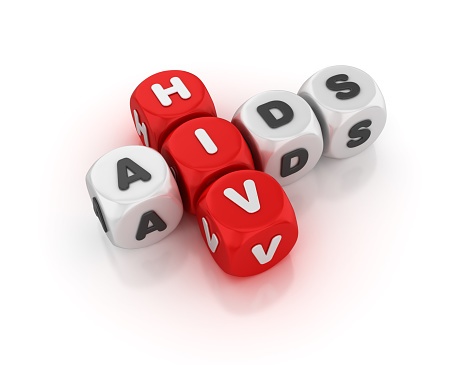According to a study published in Scientific Reports, response to ritonavir-boosted-protease inhibitor (PI/r)-based regimens is associated with some Gag mutations among patients with human immunodeficiency virus (HIV)-1 B-clade subtype. Co-lead authors, Georges Teto and Alex Durand Nka, and colleagues examined Gag mutations in patients with HIV-1 who were treated with a PI/r regimen and reported that “some Gag mutations show an increased frequency in patients failing PIs among HIV-1 non-B-clades.”
The study included a total of 143 patients with HIV-1 who were treated with a PI/r-based regimen and 219 patients who were either antiretroviral therapy (ART)-naïve (n = 101) or had received reverse transcriptase inhibitor (RTI) therapy (n = 118).
According to the investigators, the most common abundant HIV-1 subtypes were CRF02_AG (54.69%), A (13.53%), D (6.35%), and G (4.69%). Furthermore, 18 Gag mutations were significantly more prevalent in patients treated with PI/r regimens versus ART-naïve patients (p < 0.05), and categorized them as follows:
- Group 1 (< 1% prevalent in naïve patients): L449F, D480N, L483Q, Y484P, and T487V
- Group 2 (1–5% prevalent in naïve patients): S462L, I479G, I479K, and D480E
- Group 3 (≥ 5% prevalent in naïve patients): P453L, E460A, R464G, S465F, V467E, Q474P, I479R, E482G, and T487A
Additionally, five Gag mutations—L449F, P453L, D480E, S465F, and Y484P—had a positive correlation with protease-resistance Gag mutations (Phi ≥ 0.2; p < 0.05). At PI/r treatment failure, no significant differences in viremia or CD4 cell count were observed between patients with and without these mutations.
While the authors did not suggest immediate changes in care, they theorized that their findings on the associations between Gag mutations and PI/r treatment suggest that Gag mutations could be a predictive marker for PI treatment failure among HIV-1 non-B-clades.
Source: Scientific Reports









